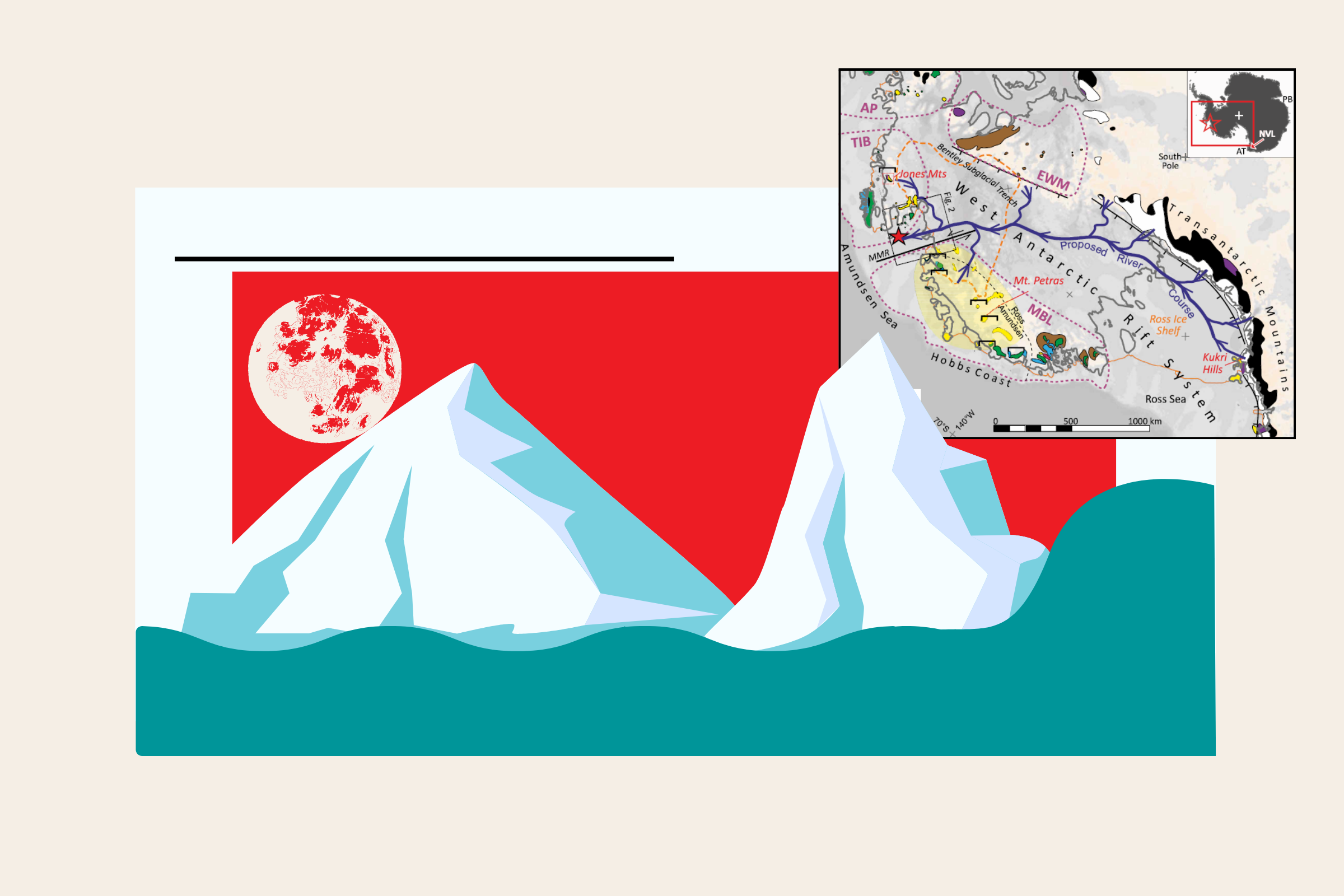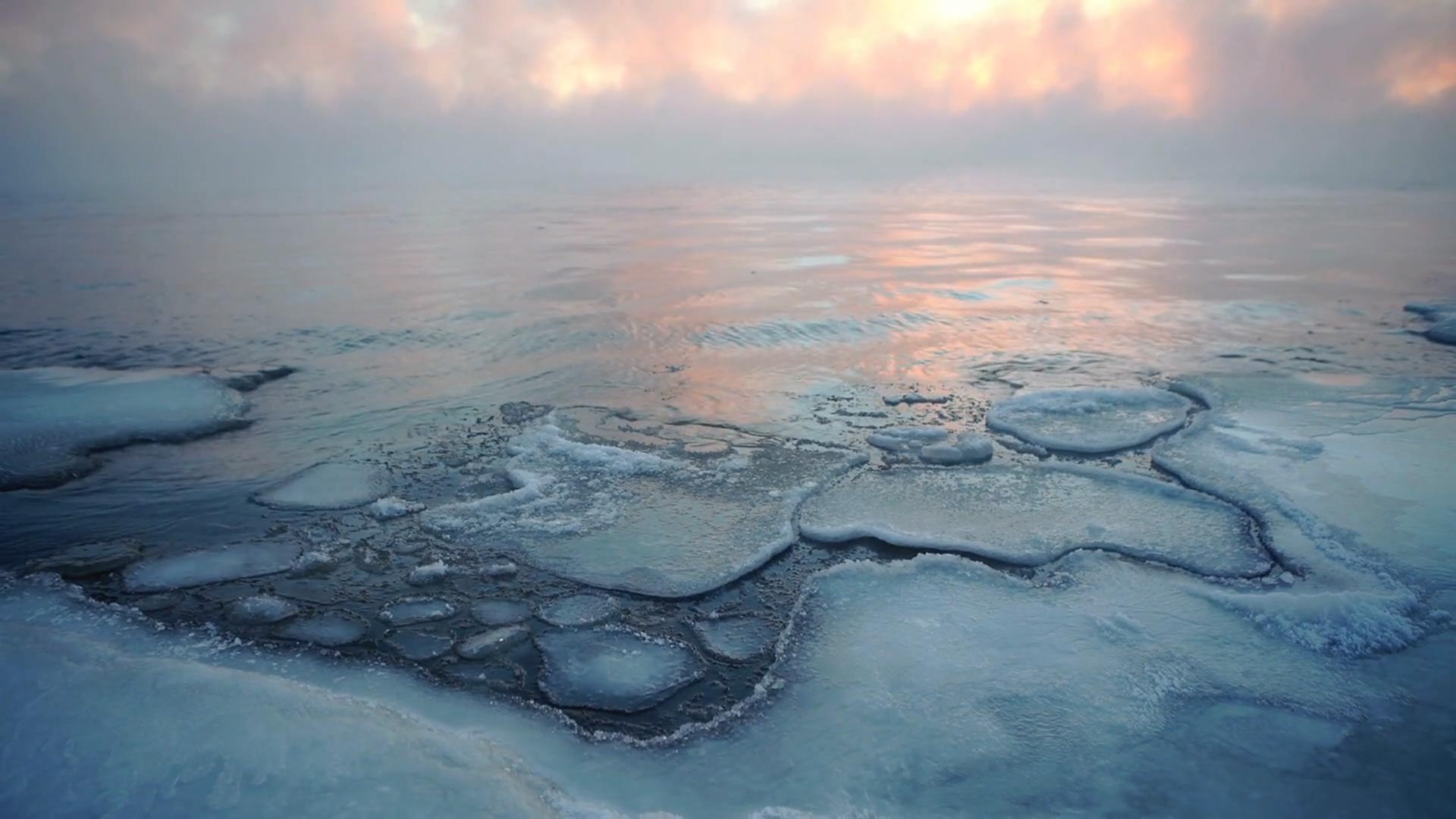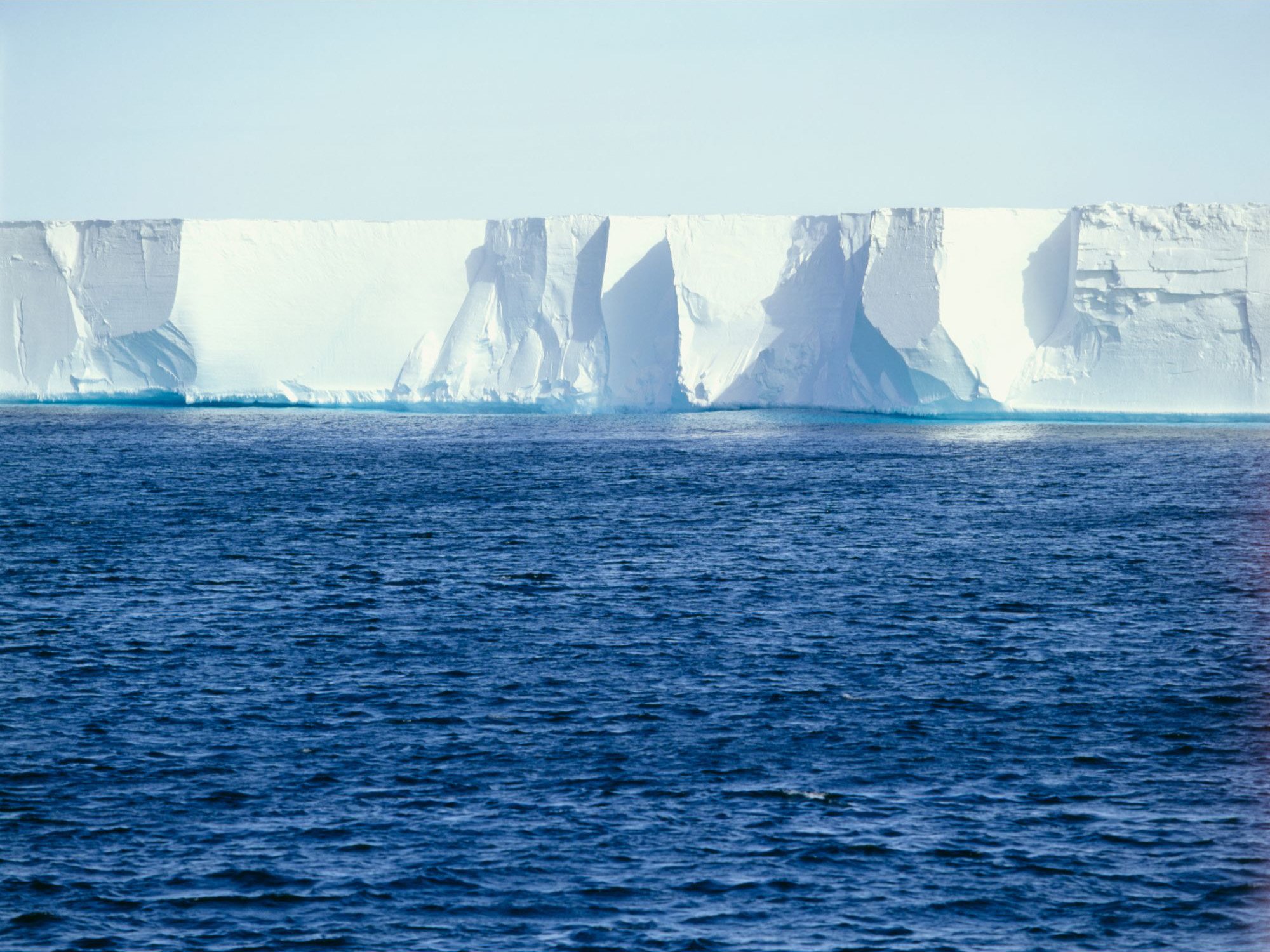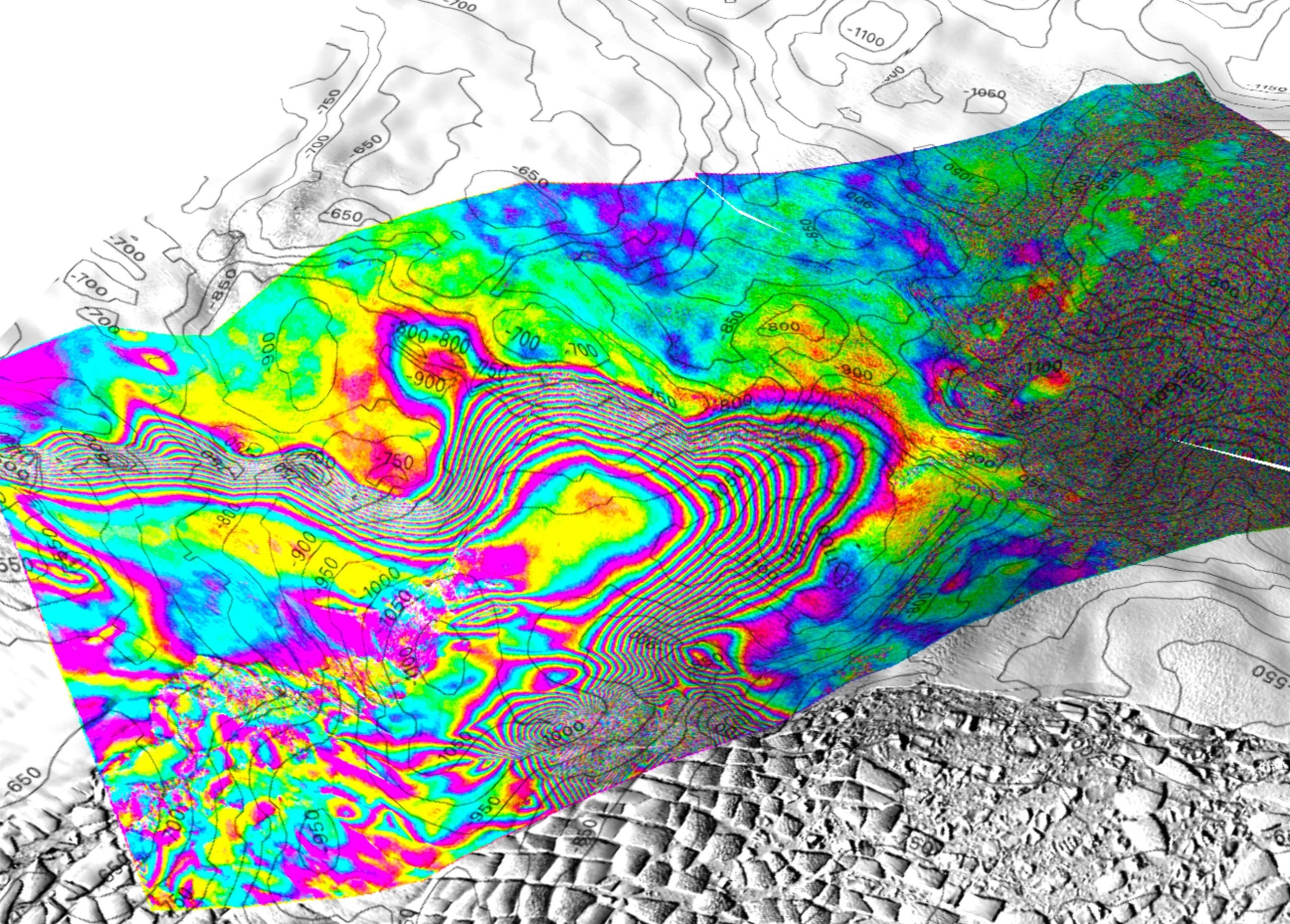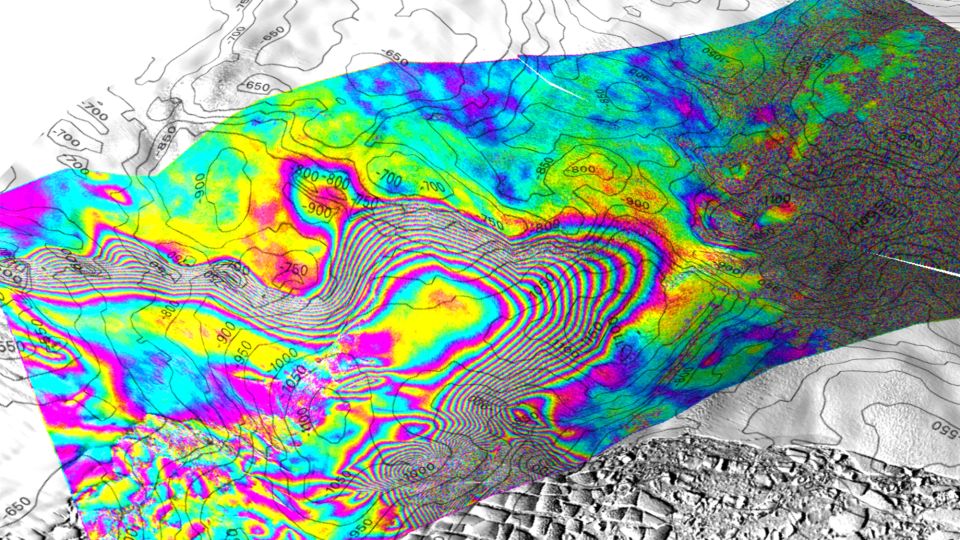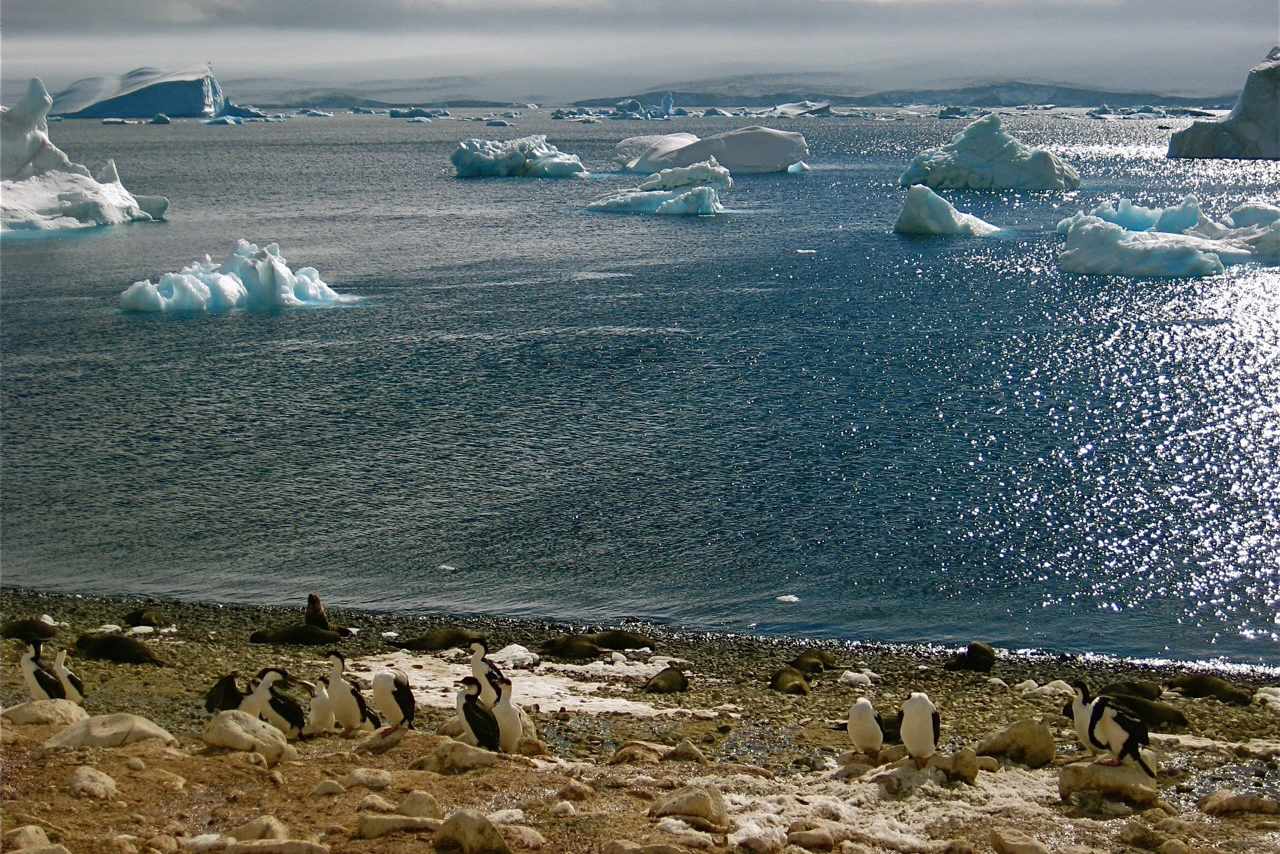Scientists discover Antarctica’s lost river 34 million years later
Scientists have discovered that a river comparable in size to the Rio Grande once dominated West Antarctica, offering a rare glimpse of the continent’s land covered in ice today. It is believed that the 900-mile-long waterway flowed about 44 to 34 million years ago, shortly before the continent’s immensely thick ice sheets began to build … Read more
